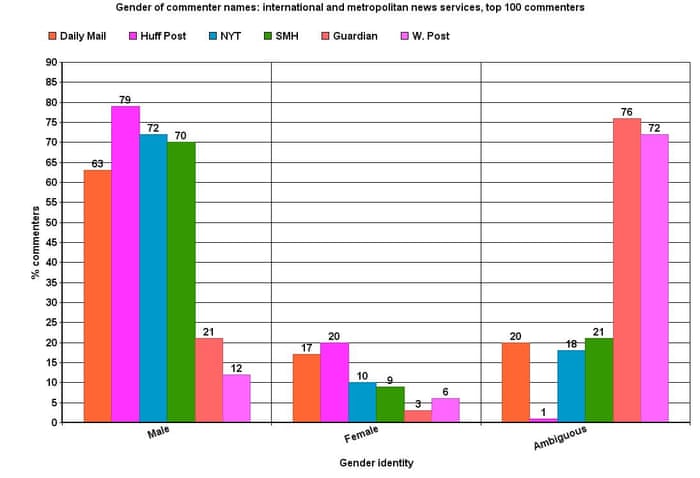Well Galtung an Ruge's news values includes 'familiarity' which exposes why our news may have some American interests/ideologies/values. America and Britain for centuries have worked together and created a strong economic and also social bond which is why Americanisation has appeared in some British News.
Additionally, this may marginalise other more important stories and on the other hand brush critical perceptions under the table, for example the Snowden case where he exposed the US government who were supposedly taking liberties with their power, going through the public's personal information.
2) Has the increased globalisation of news improved the audience experience? How? Why?
2) Has the increased globalisation of news improved the audience experience? How? Why?
some may say that it has dumbed us down as we often passively receive information form the media which embed its ideologies and values.
Immediacy has increased in the sense that we can now get coverage of news as it is occurring or moments after it has happened.
Conversely, one may argue that too much information is being fed to us 'numbing' or desensitising us from other international news.
3) Has globalisation benefited or damaged major news institutions? How? Why?
3) Has globalisation benefited or damaged major news institutions? How? Why?
Global reach has increased and made it profitable for media conglomerates, as they can expand their organisation and generate social relations as well as economic revenue. British newspapers such as the left wing Gaurdian and right wing Mail Online have expanded hugely in a global manner.
Moreover, small national brands may be marginalised and under threat because of huge media conglomerates.




